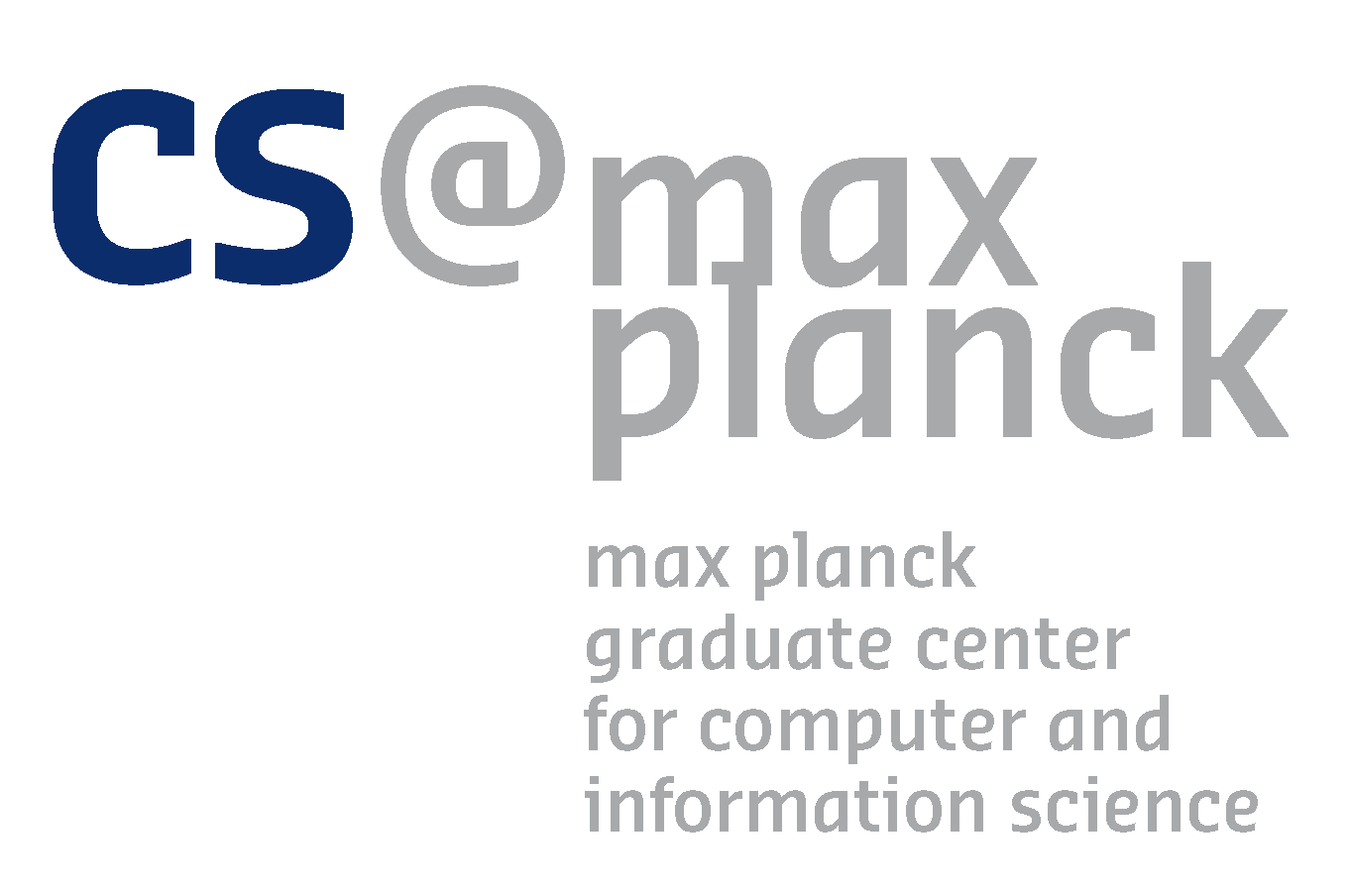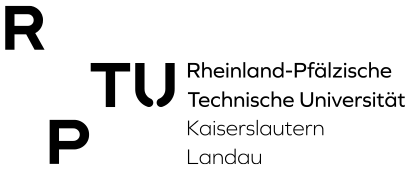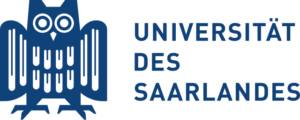Program Structure
The program is divided into a preparatory and a dissertation phase.
Preparatory Phase
During the preparatory phase, students take courses to build on their existing knowledge of core computer science areas. Depending on a student’s prior academic background (e.g., MS degree), course requirements may be partially or completely waived at the time of admission. Students also have the opportunity to take specialized courses that focus on the development of scientific writing and presentation skills. These courses may be taken at any time during the program.
All incoming students are assigned an initial faculty mentor, but have the opportunity to explore different research areas through research immersion labs at different groups, institutes, and universities. Students need not commit to an area, topic, or doctoral advisor until the end of the preparatory phase.
In addition to taking courses, students conduct research from the day they enter the doctoral program. Based on their initial research, students are required to pass a research qualifying exam, which is designed to evaluate the student’s ability to successfully obtain a doctoral degree. Completing the course requirements and passing the qualifying exam concludes the preparatory phase.
Dissertation Phase
During the dissertation phase, students do research and work towards their dissertation. Specific research projects can be done individually between student and primary adviser, or as part of collaborative teams that may span groups, institutes, universities, and include multiple faculty and external collaborators from around the world.
Teaching is both an important part of the academic training of a doctoral student and a uniquely effective learning experience. A student may complete the requirement to serve as a teaching assistant for two courses at any point in the program.
Students complete their doctoral studies by submitting a thesis and taking a public oral thesis defense exam. The exam consists of a scientific presentation by the student followed by a period of questioning by the thesis committee and the public.








